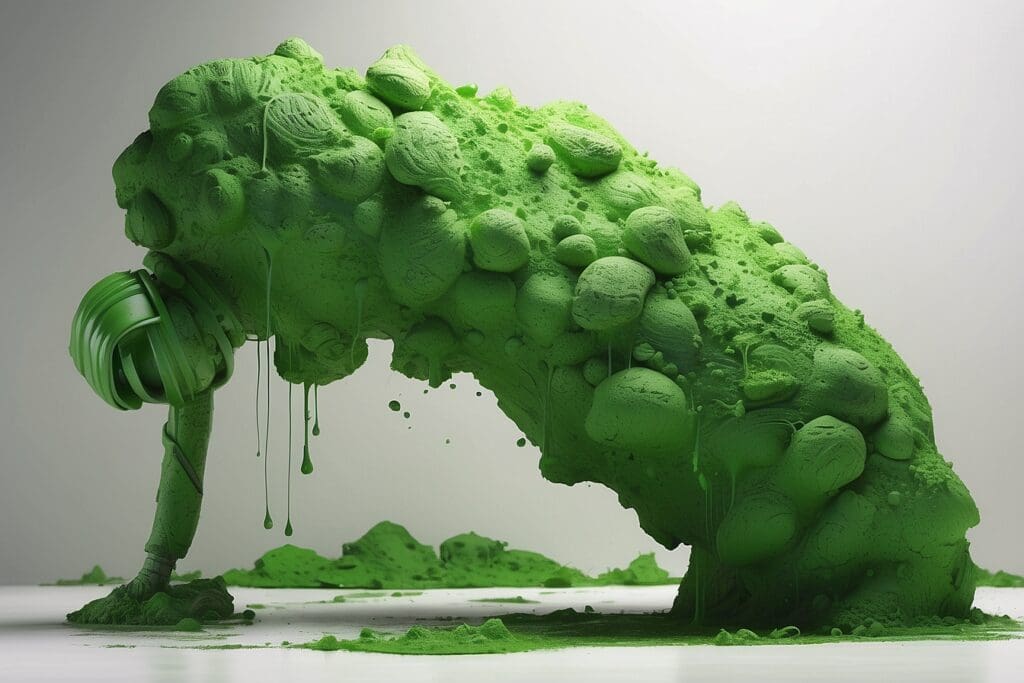The End is Near for Greenwashing…
Throughout the past couple of years, “Eco Products” have taken over. From soaps to computers to billboards, most companies look for a way to advertize their “green” efforts. While walking through an isle in the grocery store one afternoon, I wondered, are all these so called “eco products” true in their claims? My skepticism was validated when I found that many of these products miss-use the term “green,” and “eco,” and are committing the environmental sin known as green washing.
According to an environmental consulting firm, TerraChoice, an astonishingly low 2% of companies are truthful in their environmental claims. TerraChoice then notes, “[t]he remainder mislead consumers about the environmental benefits of a product or the practices of a company.” 1
With endless greenwashing, how can we tell what product is the result of truly good environmental ethics? The answer: indexes and plans are already being created by reputable sources to help stop greenwashing for good. Some of these major plans are Newsweek’s Environmental Rankings for America’s Top 500 Companies, and Walmart’s “Sustainability Index.”
Newsweek
Newsweek Magazine’s environmental ranking of America’s 500 biggest companies was not an easy feat. Attempting to create criteria and weight system required a number of experts and countless hours of research. After months of work, Newsweek finally completed a ranking system called the Environmental Impact Score or, EIS.
The EIS addressed many aspects of how they created the guidelines: “Four of the major elements that contribute to the overall EIS are: greenhouse gas emissions (including nine gases in total, with carbon dioxide the most important in many cases), water use (including direct, purchased and cooling), solid waste disposed, and acid rain emissions (sulfur dioxide, nitrogen oxide and ammonia), all normalized by revenue.” 2
Some of the companies in the top 20 were Hewlett-Packard (1st), Johnson & Johnson (3rd), Nike (7th), Starbucks (10th), Sprint (15th), and Kohl’s (18th). There are many benefits to this report. The report, which can be purchased in full, gives very detailed information on each company and also breaks down the rankings by each industry. Some of the different categories are: Retail, Pharmaceuticals, Media/travel/leisure, Industrial Goods, Financial Services, and Oil and Gas.

This is especially helpful to the consumer. If a person wants to buy a computer from a company that practices good environmental ethics, they can use Newsweek’s report to find what the best company is and why. This is a step away from greenwashing because the consumer can get an idea of how to judge an environmentally ethical company using means other than the company’s own label.
Walmart
For over a year now, Walmart has been developing an ambitious, comprehensive plan to measure the sustainability of each and every product they sell. Walmart calls this plan the “Sustainability Index” and plans on displaying it on labels within the next two years. Other companies that are involved in the “Sustainability Index” include Procter & Gamble, General Mills, Tyson, and Unilever, among others. Because Walmart is such an enormous entity grossing $408 Billion in 2008, the “Sustainability Index” has the potential to completely transform the way manufacturers of consumer products measure their environmental impact, and compete for favorable treatment from Walmart.3
Walmart’s other motivation to create the “Sustainability Index” is to teach the consumer how to judge a truly “green” product. Senior director of business strategy and sustainability at Wal-Mart, Rand Waddoups, notes: “We understand green-washing. [Our customer] doesn’t. She [or he] may not even be aware that it’s going on.”4
Both Newsweek and Walmart have the power to control the fate of a product or company depending on how high it is ranked. Some critics wonder if Newsweek and Walmart have the right to take on such a powerful position. As someone who is concerned with waste, I believe that these indexes and rankings are reliable and for now may be the best way to ensure that consumers buy real “eco products,” ultimately limiting greenwashing.





